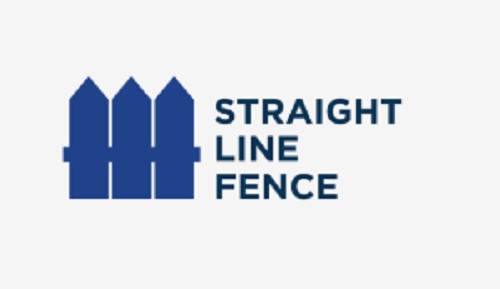Surety bonds are a critical tool in various industries, offering a safeguard for businesses, governments, and individuals by ensuring that obligations are met. From construction projects to licensing requirements, these bonds help establish trust and accountability between parties. Here’s an in-depth look at the process of buying the bonds and why they matter.
The Process of Buying a Surety Bond
Purchasing a surety bond involves a step-by-step process to ensure both the obligee and the surety company are protected. Here’s how it works:
1. Determine the Type of Bond Needed
- Identify the specific bond required based on your obligation. For instance, a contractor might need a performance bond for a construction project, while a business might need a license bond to comply with local regulations.
- Check the requirements outlined by the obligee to ensure you select the correct bond type and amount.
2. Choose a Reputable Surety Provider
- Look for a licensed surety company with experience in your industry. Many providers offer online applications and tools to make the process more efficient.
- Confirm that the provider is authorized to issue bonds in your state or region.
3. Complete the Application
- Provide detailed information, including your financial history, credit score, and details about the project or obligation. For businesses, the application might also require information about company assets, revenues, and past performance.
- Accuracy in the application is critical to avoid delays.
4. Undergo Evaluation
- The surety provider evaluates your application to assess the risk involved in issuing the bond. Factors like creditworthiness, experience, and financial stability influence the premium you’ll pay.
5. Receive the Bond
- If approved, you’ll pay the premium, which is typically a percentage of the bond’s total value (commonly between 0.5% and 10%). Once issued, you’ll receive a bond certificate to provide to the obligee.
Why Are Surety Bonds Important?
Surety bonds serve as a financial guarantee, ensuring accountability, trust, and compliance in various transactions. Here’s why they’re essential:
- Risk Mitigation: They protect obligees from financial losses if the principal fails to perform their duties.
- Compliance Assurance: Many industries and government contracts require bonds as a condition of licensing or bidding, ensuring adherence to regulations.
- Credibility and Trust: Holding a surety bond demonstrates reliability, making principals more attractive to clients, partners, and regulatory bodies.
- Conflict Resolution: Bonds provide a clear path for resolving disputes through claims, ensuring obligations are met without lengthy legal proceedings.
The process of purchasing a surety bond is straightforward with the right preparation and understanding. From selecting the appropriate bond to working with a trusted provider. Every step designed to build trust and ensure accountability in business and legal agreements. Whether you’re fulfilling a licensing requirement or securing a large project, surety bonds are indispensable in protecting the interests of all parties involved.



